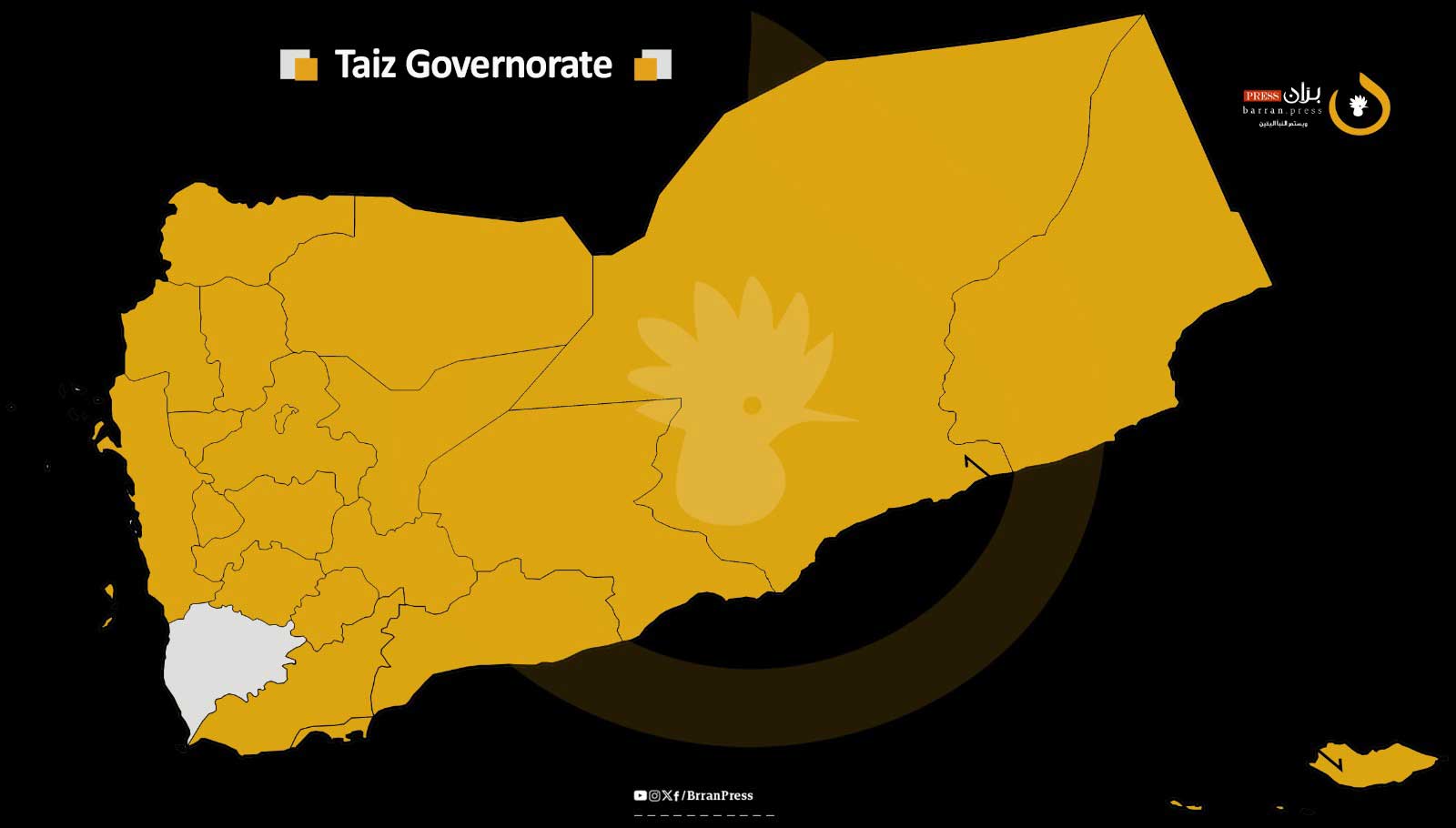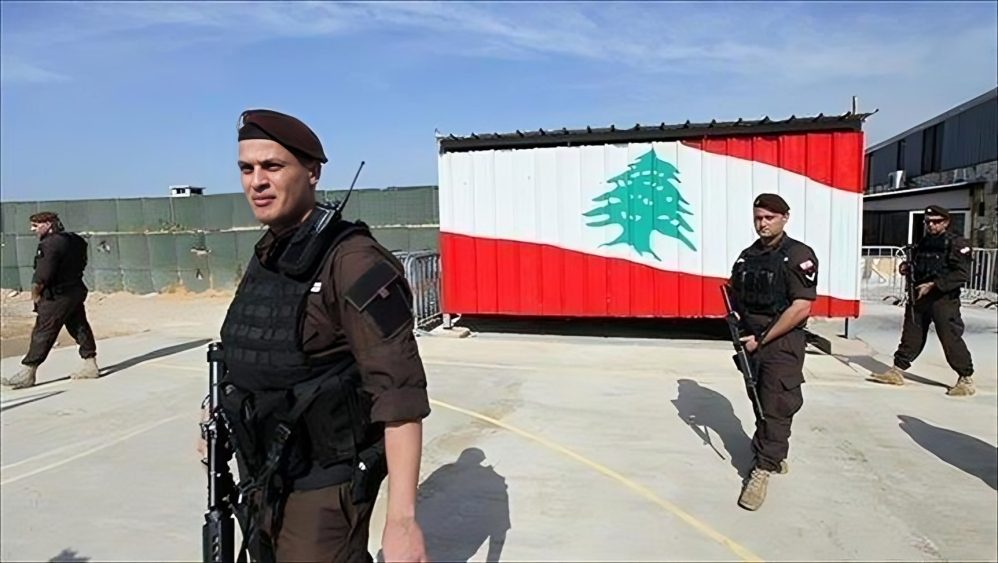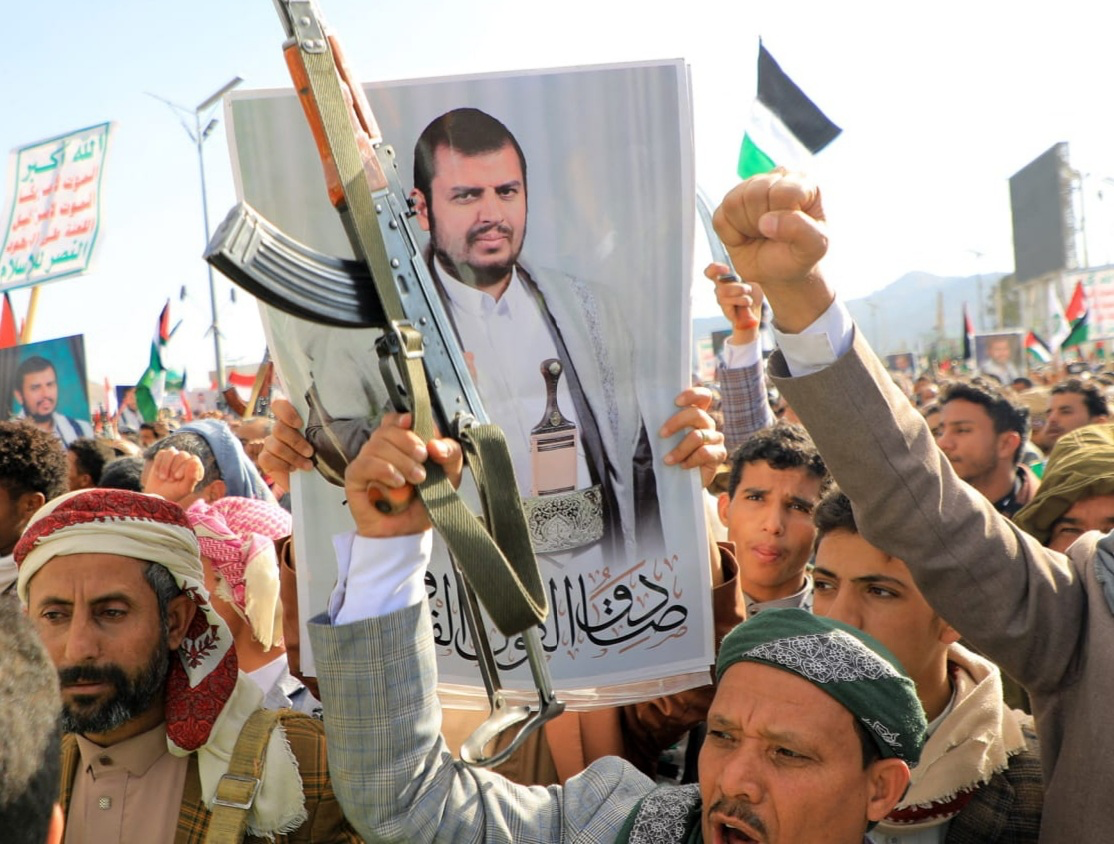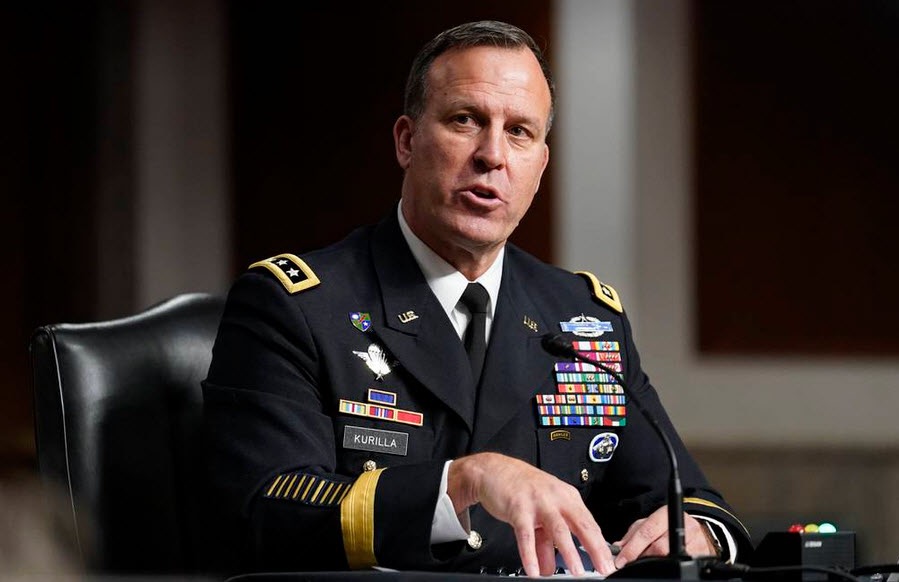
Barran Press
Three civilians, including photographer Ammar Al-Samei, were injured on Thursday, June 13th, 2024, when a landmine planted by the Houthi group, designated as a terrorist organization by the international community, exploded during the removal of a dirt barrier in Qasr Roundabout, east of Taiz city. This road, closed for nine years, was reopened earlier in the day.
The Yemeni Mine Observatory, in a post on the "X" platform, reported that the landmine detonated in a "loader" while removing barriers on the (Kamb - Al-Houban) road east of Taiz city. The observatory urged travelers on the (Kamb - Qasr Roundabout - Al-Houban) route to "exercise extreme caution regarding mines and munitions, and to avoid driving off the main road as the surrounding area is heavily contaminated."
Judge Ishraq Al-Maqtari, a member of the National Committee for Investigating Allegations of Human Rights Violations, called for the "removal of all mines randomly planted on roads to prevent further civilian casualties."
The official Yemeni News Agency (Saba) quoted Al-Maqtari as saying that "the committee team is working to monitor and document all violations against civilians in various governorates."
Traffic and citizens began crossing the "Kamb - Qasr Roundabout" road in Taiz City (southwest Yemen) on Thursday after nine years of closure by the Houthi group.
A "Bran Press" correspondent reported that citizens began crossing the road in the afternoon after the necessary arrangements for its opening, including road preparation, were completed by security and military authorities.
Earlier in the day, Abdul Karim Shaiban, head of the negotiation committee for road openings in Taiz, announced the opening of the (Kamb - Qasr Roundabout) road to citizens traveling to and from Taiz city, which he said had been closed for nine years by the Houthi group.
Sheiban stated in a press conference, "We are pleased today to open the Kamb-Qasr Roundabout road, which has been closed by the Houthi militia for nine years, causing suffering for the people of the governorate."
Sheiban attributed the reopening of the road to what he called "the resilience of the people of Taiz, their sacrifices, as well as the sacrifices of the heroes of the army and the Popular Resistance during the siege, leading to the breaking of this siege that was imposed on the city unjustly and aggressively."
The head of the negotiation committee expressed hope for the opening of other roads in the coming stage, commending the role of the political leadership represented by President Rashad Muhammad Al-Alimi, head of the Presidential Leadership Council, and his continuous attention and follow-up to open roads and end the suffering.
He confirmed the readiness of security forces to facilitate the passage of citizens to and from the city, noting that "the committee is awaiting the Houthis' implementation of their promises to open the road and lift the siege."
He said, "All roads are open from the government side," looking forward to the Houthi group opening the remaining roads, primarily the (Dhikra Junction, 60th Road, Aden Junction, Ossifra) road, and lifting the full siege on the governorate.
Last Saturday, June 8th, local authorities in Taiz began removing debris and obstacles and paving the "Kamb" road east of the city, which the Houthi group has besieged for nine consecutive years.
The local authority in Taiz stated that "the road paving works are to receive citizens coming from the Al-Houban area, which is under the control of the Houthi group, in case the Houthis complete their procedures to open the eastern road from their side," according to the official Yemeni News Agency (Saba).
This came a day after a similar announcement by the "Houthis" to open the same road. At the time, activists circulated videos and photos on social media of machinery and equipment removing dirt barriers in the Qasr Roundabout area east of Taiz.





